The Essentials Of Adopting A Dog With Special Needs
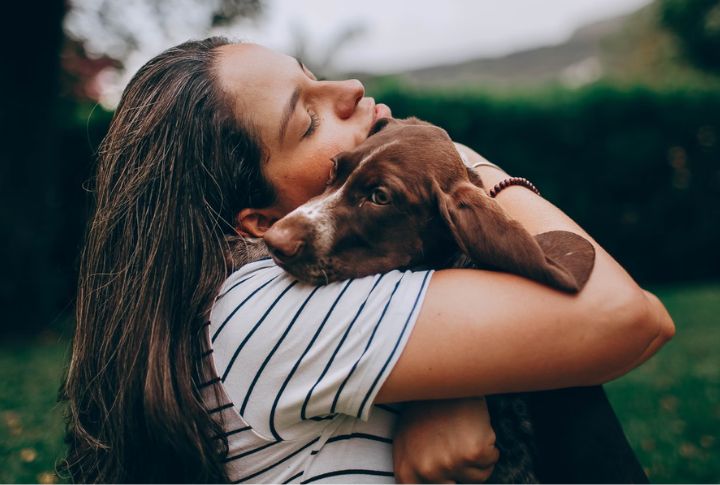
Bringing home a tiny member with special needs is different from a typical adoption. It’s important to understand their unique care requirements. Although it’s not difficult, you still need to plan ahead. So, before making a decision, here are a few things to keep in mind.
Understanding The Dog’s Specific Needs
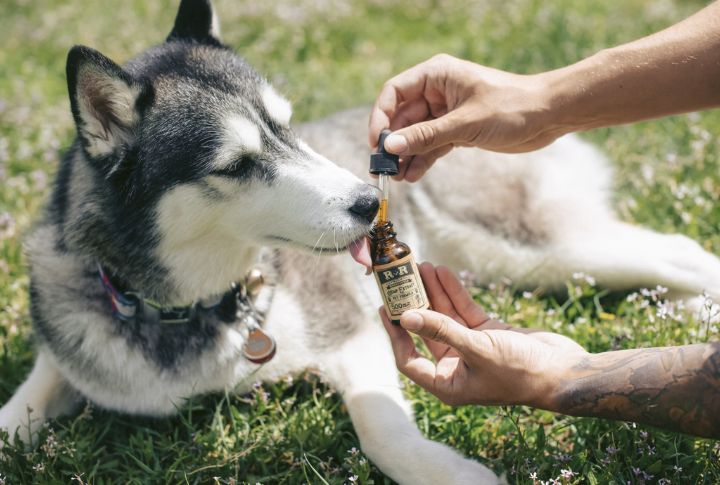
Not all special needs dogs have the same challenges. Some require lifelong medication for chronic illnesses like epilepsy or diabetes, while others may have physical disabilities requiring mobility aids like wheelchairs or harnesses. Behavioral issues stemming from trauma or neurological conditions can also play a role.
Evaluating Your Lifestyle And Schedule

The reality of owning a special needs dog is that routines can be demanding and time-consuming. Mobility assistance or carefully planned schedules for medication may be required multiple times a day for some pups. Although hiring pet sitters trained in special needs care is an option for many owners, it adds to the overall commitment.
Financial Costs Of Special Needs Care

Caring for a special needs fellow isn’t cheap. Veterinary specialists, medication, therapy, and adaptive equipment add up quickly. It’s estimated by the American Pet Products Association that the costs of healthcare for pets can exceed $1,000 annually, and special needs pets often require even more. Hence, consider pet insurance or a dedicated savings fund before adopting.
Finding A Veterinarian With Experience
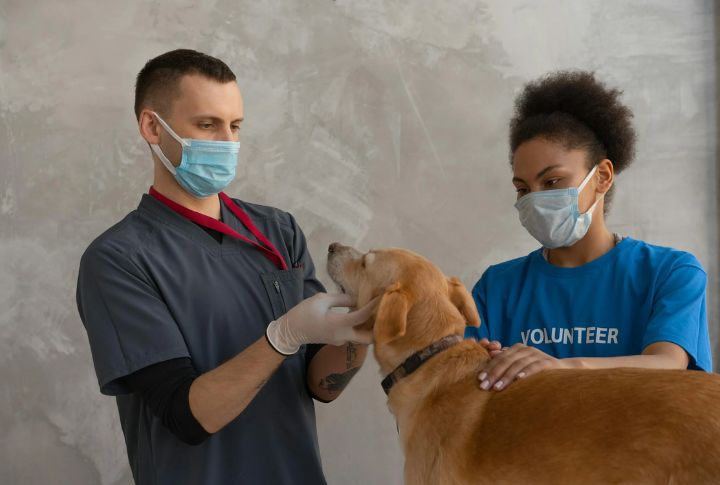
Finding a vet with experience in special needs animals can be challenging, as some conditions call for specialists. This often means higher costs or longer travel distances. Dogs with neurological disorders may need a neurologist, and those with paralysis may need physical therapy. Make sure to select a vet who understands your future dog’s needs before adopting.
Creating A Safe Home Environment

Think of your home from the dog’s perspective. For example, a blind pup might need furniture placed consistently so they can learn their way around without bumping into obstacles. Safety gates and accessible food and water bowls can make a big difference in their daily life. Even lowering furniture or adding padded corners helps prevent accidents and injuries.
Training And Behavior Support Plans
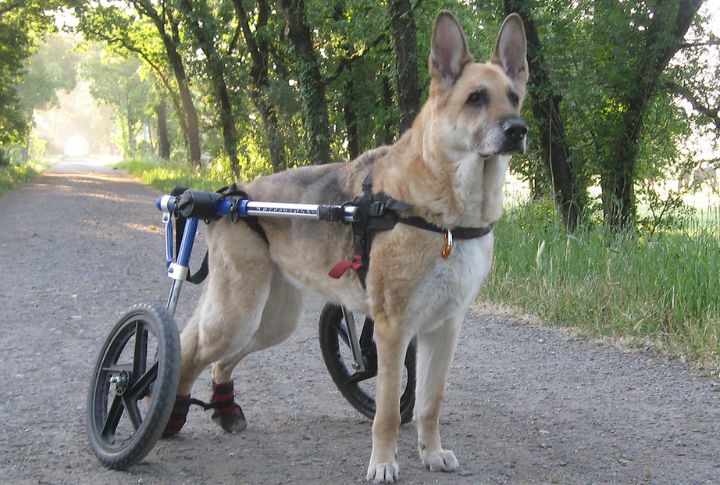
Training a dog with special needs demands time, patience, and empathy. These dogs may face unique challenges, like struggling in new environments or needing different training methods. For instance, a deaf dog won’t respond to verbal commands, making hand signals a more effective approach. Similarly, dogs with cognitive impairments may need more time to grasp routines.
Emotional Commitment And Patience Needed
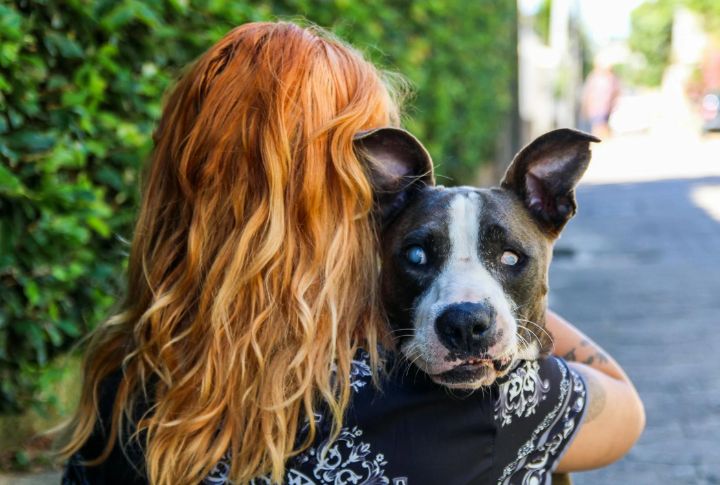
Loving a special needs friend means celebrating small victories. The first time they try to go upstairs alone or respond to training cues, it feels like a win. But some days will be frustrating. They may regress or need extra reassurance. A patient, committed mindset makes all the difference in their happiness and yours.
Providing Proper Nutrition And Medication
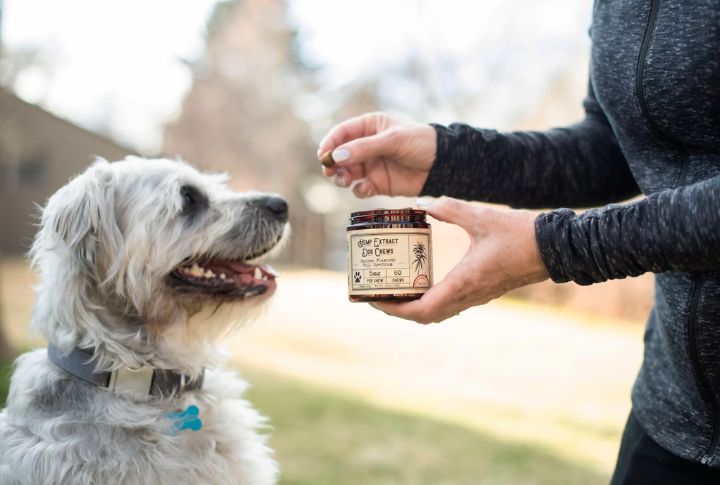
Undeniably, diet plays a vital role in keeping a pup healthy. Some conditions require specific foods or supplements. A dog with diabetes, for example, needs a strict feeding schedule to keep blood sugar levels stable. Those with severe allergies may need a limited-ingredient diet to prevent reactions.
Getting Support From Family And Experts
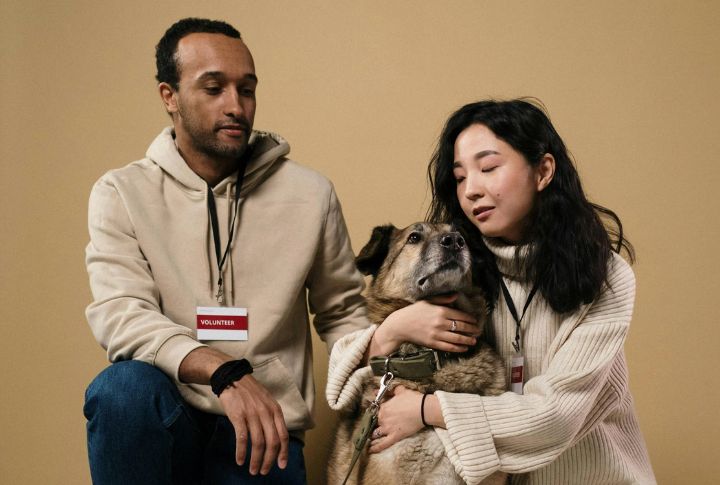
Family members need to be on board, and professional support can be a lifesaver. Whether it’s a pet sitter who understands their needs or an online support group, having a team makes everything easier. Special needs dogs require around-the-clock care, which makes it essential to have a backup plan in case of emergencies.
Adapting To Unexpected Challenges Over Time
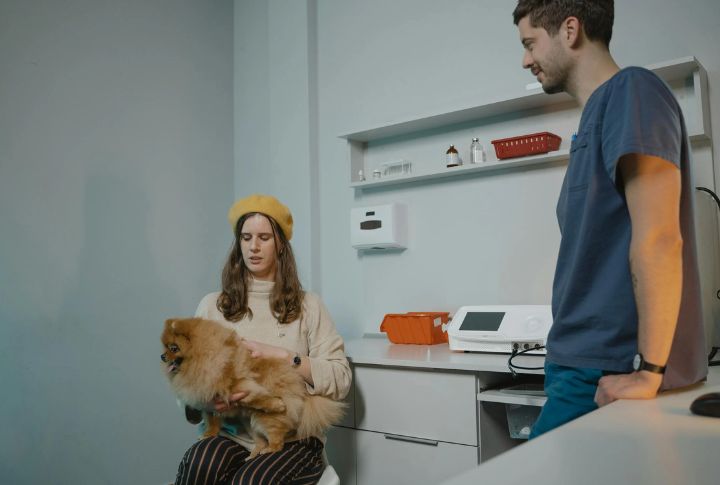
No matter how well-prepared you are, surprises are bound to happen. A health condition could worsen, or a dog’s needs may shift with age. Being flexible and ready for adjustments is essential. By researching future care requirements and seeking guidance from experts, you’ll be prepared for any challenges that come your way.





